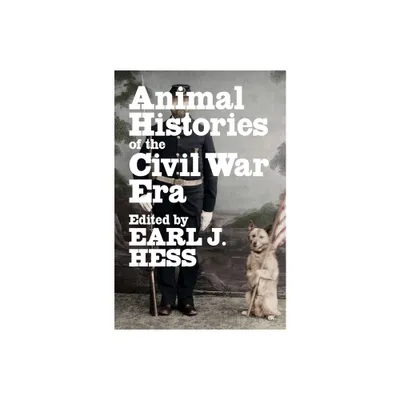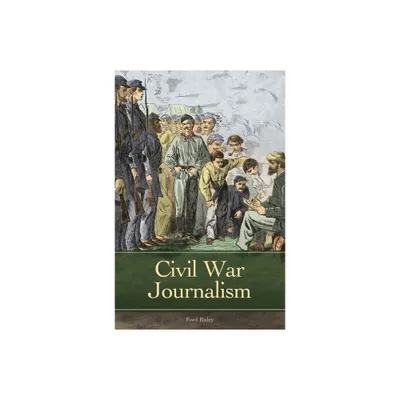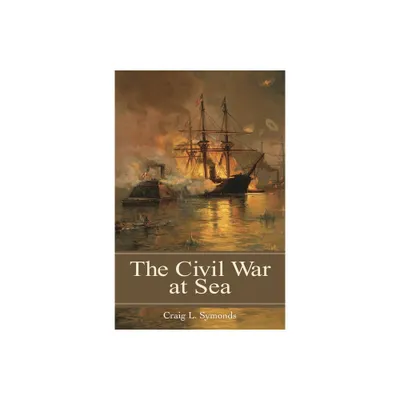Home
Twice-Divided Nation: National Memory, Transatlantic News, and American Literature the Civil War Era
Loading Inventory...
Barnes and Noble
Twice-Divided Nation: National Memory, Transatlantic News, and American Literature the Civil War Era
Current price: $70.00


Barnes and Noble
Twice-Divided Nation: National Memory, Transatlantic News, and American Literature the Civil War Era
Current price: $70.00
Loading Inventory...
Size: Hardcover
*Product Information may vary - to confirm product availability, pricing, and additional information please contact Barnes and Noble
The first thoroughly interdisciplinary study to examine how the transatlantic relationship between the United States and Britain helped shape the conflicts between North and South in the decade before the American Civil War,
Twice-Divided Nation
addresses that influence primarily as a problem of national memory.
Samuel Graber argues that the nation was twice divided: first, by the sectionalism that resulted from disagreements concerning slavery; and second, by Unionists’ increasing sense of alienation from British definitions of nationalism. The key factor in these diverging national concepts of memory was the emergence of a fiercely independent press in the U.S. and its connections to Britain and British news.
Failing to recognize this shifting transatlantic dynamic during the Civil War era, scholars have overlooked the degree to which the conflict between the Union and the Confederacy was regarded at home and abroad as a referendum not merely on Lincoln’s election or the Constitution or even slavery, but on the nationalist claim to an independent past. Graber shows how this movement toward cultural independence was reflected in a distinctively American literature, manifested in the writings of such diverse figures as journalist Horace Greeley and poet Walt Whitman.
Twice-Divided Nation
addresses that influence primarily as a problem of national memory.
Samuel Graber argues that the nation was twice divided: first, by the sectionalism that resulted from disagreements concerning slavery; and second, by Unionists’ increasing sense of alienation from British definitions of nationalism. The key factor in these diverging national concepts of memory was the emergence of a fiercely independent press in the U.S. and its connections to Britain and British news.
Failing to recognize this shifting transatlantic dynamic during the Civil War era, scholars have overlooked the degree to which the conflict between the Union and the Confederacy was regarded at home and abroad as a referendum not merely on Lincoln’s election or the Constitution or even slavery, but on the nationalist claim to an independent past. Graber shows how this movement toward cultural independence was reflected in a distinctively American literature, manifested in the writings of such diverse figures as journalist Horace Greeley and poet Walt Whitman.


















